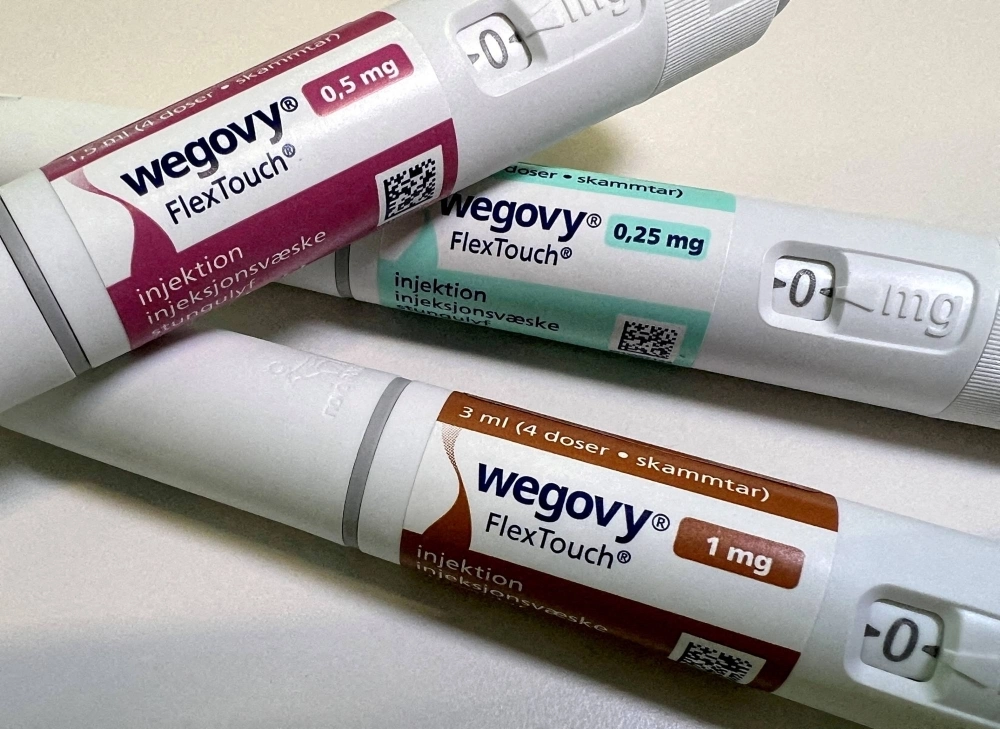At first glance, Japan seems an unlikely place for Novo Nordisk A/S to introduce its weight-loss drug Wegovy in Asia. That’s exactly why it was chosen, according to the Danish drugmaker.
The lack of awareness surrounding obesity as a disease, and the stigma of it, are among the reasons Novo selected the country, says Kasper Bodker Mejlvang, president and representative director of Japan’s Novo Nordisk Pharma Ltd.
"There’s a big educational task ahead of us,” he adds.


















With your current subscription plan you can comment on stories. However, before writing your first comment, please create a display name in the Profile section of your subscriber account page.